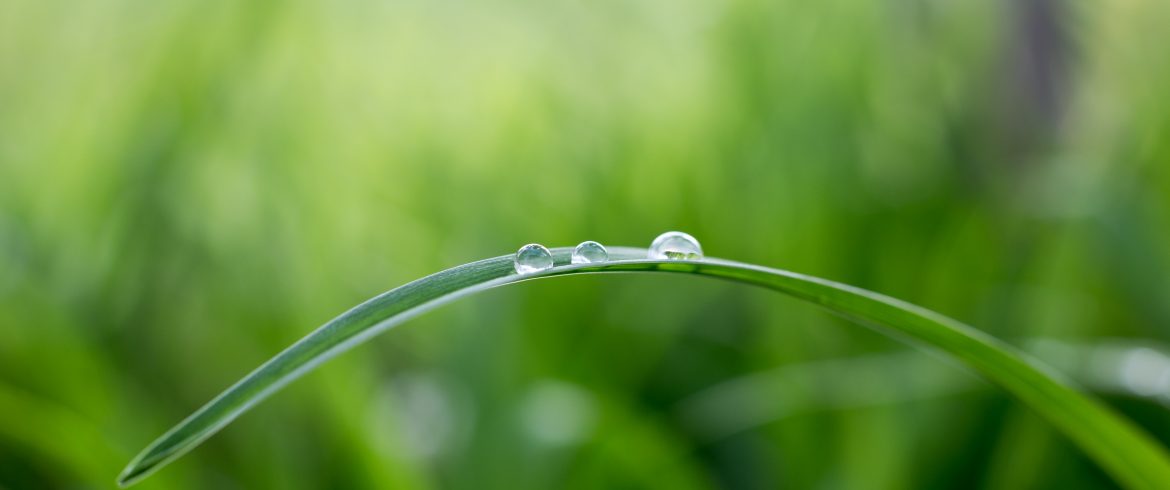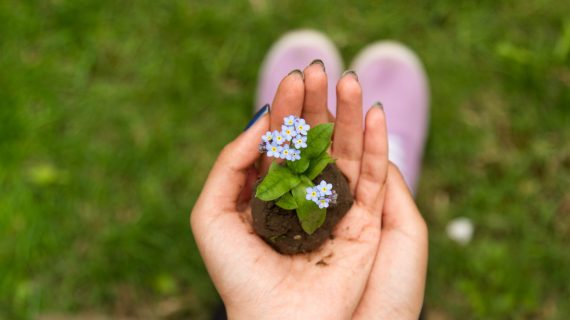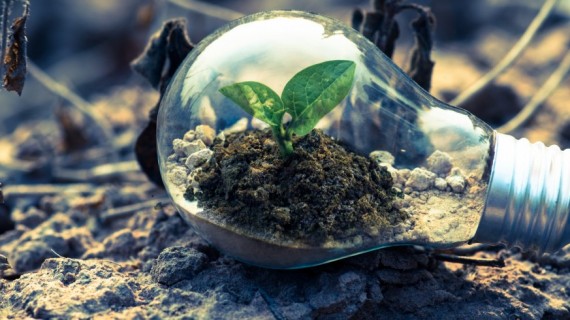It seems like we haven’t been so kind to our planet in the past few decades. Developing our industry and generating profit seems more important than caring for a clean environment where our children will live one day. Every day we listen about contaminated air, polluted oceans, or depleted rein forests and we didn’t seem to care about fixing these issues. The ripped ozone layer, radiation, greenhouse effect, these are the problems that Millenials will have to deal with, and we caused them with our irresponsible behavior. Mighty corporations are aware of our rising environmental conciseness so they are building their new brand strategies accordingly.
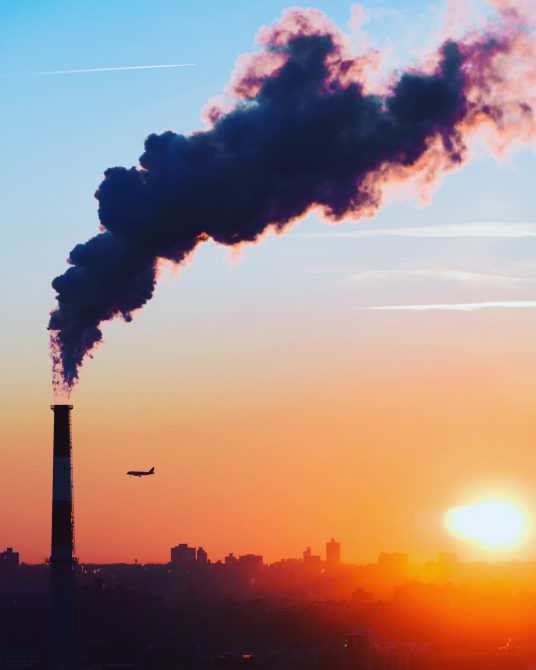
Brand And Loyalty
If nothing else, we can spread awareness about these new ecological trends and make corporations rethink their positioning on the market full of eco-friendly consumers. Loyalty is extremely important for any brand and consumers who wish organic food or products made out of renewable raw materials are growing in numbers. This is an ongoing debate that inspired many loyalty essay topic ideas and examples that you can check to better understand this issue. Many free essay samples about loyalty can be found online, some of them written by corporate executives themselves. They do not want to lose their future customers or future profit so changing people’s perception might change the way that corporations invest in their product’s image.
Most corporations today boast using renewable resources or raw materials whose origin can be traced to a renewable source. This new paradigm is becoming an integral part of the education of future managers and decision-makers. Every college or university should incorporate knowledge about ecology into its curriculum. Brand managers should incorporate it into their strategies if they want to inspire loyalty in consumers who care about their environment. Green products, organic food, and paper bags are taking over despite cynics who claim otherwise and make fun out of anything that is eco-friendly.
Luckily, each student can spread eco-friendly ideas quickly these days thanks to the viral world of the Internet and social media. New trends like minimizing water in industry, reduction of energy consumption, or no-waste fashion movement are just some new ideas circling around. Plastic alternatives, container housing, self-cleaning water bottles, or biodegradable household products are becoming reality. It seems like we are heading in a good direction as every school in developed countries is teaching their pupils about the importance of preserving our nature. Corporations are starting to listen although their greed remains intact, but at least they are investing in brands that are loyal to nature and that is a good start after all.
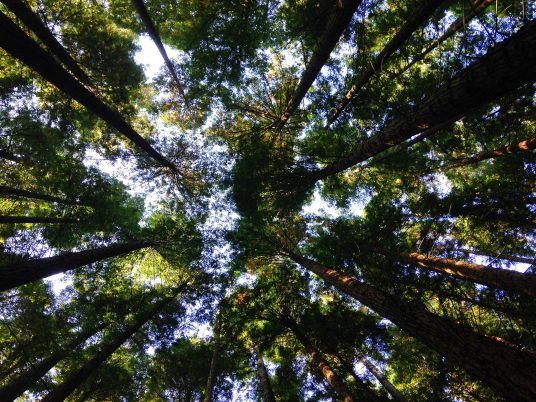
Industry Vs Environment
This planet was doing fine until two hundred years ago when we invented heavy industry based on coal and fossil fuels. Maybe the entrepreneurs who started it believed that this planet’s resources are unlimited and that their extraction could last forever. Today, we are in for a rude awakening as we witness the depletion of every possible raw material on the planet including the water and the air that we breathe. The standards of ecological safety are supposed to stop this process of decay but they do not seem to bring any progress in that area. Some say that the greed of our corporations is insatiable and perhaps there is nothing we can do about it.
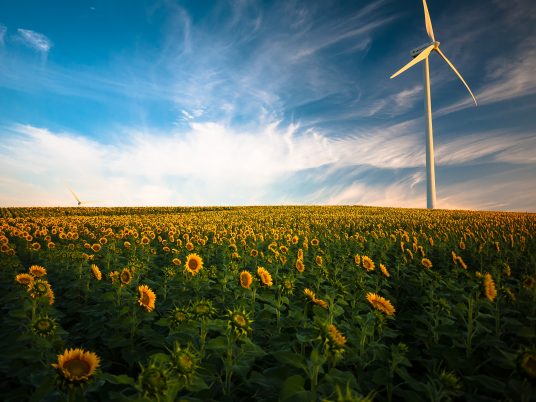
Fossil fuels are slowly evaporating and our industry is shifting toward renewable resources, but going total green will take a lot of time. Time is something that this planet might not have right now. We haven’t learned our lesson so millions of people are dying every year as a result of toxic waste, contaminated food, or water. Perhaps, it is time to ask ourselves what is the acceptable price of our consumer greed and desire to make more profit. Luckily, we do live in an era when these questions are starting debates and new ecological trends that might turn things around.
